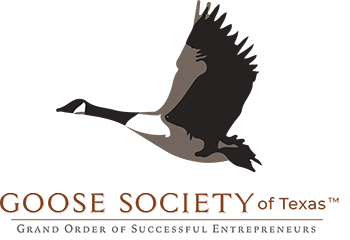Forest Devices, a GOOSE portfolio company, was voted MedTech Innovator 2019. GOOSE invested over $2M in Forest Devices after the team won the Rice Business Plan Competition Grand Prize of $300,000. GOOSE is incredibly proud of how hard this team has worked and excited for their future. See below for the full press release.
Boston, MA (September 25, 2022), 1:14PM — Forest Devices, Inc., a startup medical device company developing the first portable stroke screening technology, has won the MedTech Innovator 2019 Showcase. Forest competed alongside a field of 800 other medical device companies for the title of “MedTech Innovator 2019.” In addition, Forest Devices received a $350,000 grand prize award.
MedTech Innovator is the industry’s non-profit global competition for medical devices, digital health, and diagnostic companies. Over 800 companies applied for this year’s program. Of those, 50 were selected to take part in the Medtech Innovator Showcase, and just five were chosen for a final pitch competition at the Medtech Conference in Boston, MA. On Tuesday, September 24th, Matt Kesinger, CEO, delivered the winning pitch. Upon accepting the award, Kesinger said, “It is an incredible honor to be recognized by the medtech community, especially given the other fantastic finalists in the competition. The funding will support us in bringing our game-changing technology to market.”
Forest Devices would like to thank Medtech Innovator for the opportunities, network, and resources provided through the program over the past few months. The company would also like to extend its gratitude to its investors, employees, and advisors who have made this possible.
Founded in 2015, Forest Devices, Inc. is a Pittsburgh-based medical device startup company that is developing AlphaStroke, the first device designed to detect stroke in any environment. The mission of Forest Devices is to reduce the disability of stroke victims by getting these patients needed treatments faster.
Full story here.
